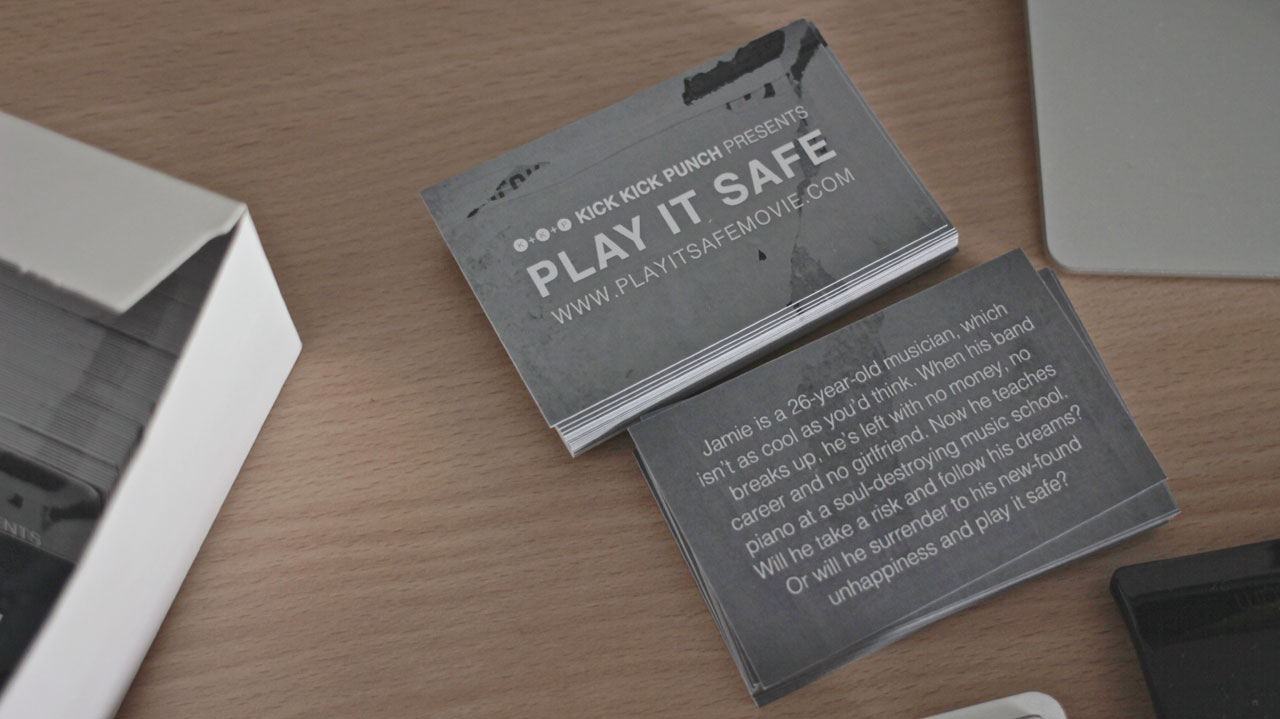"Kenny" Guerrilla Filmmaking Case Study with Clayton Jacobson
Our good friend Clayton Jacobson is giving a talk on his awesome feature film "Kenny" next Monday at the Classic Cinema in Elsternwick. "Kenny" was an absolute sensation (both critically and commercially) when it was released and it's an incredible example of independent filmmaking. If you're at all interested in indie film, or if you've ever thought about tackling your own independent project, then I can't recommend this enough!
Play It Safe - Video Update #2
Behind The Scenes: Block 07
Back in early February we had what was almost certainly the challenging and intense weekend of shooting of Play It Safe's entire production. The scenes we shot are from the very end of Play It Safe's first act, where (the protagonist) Jamie's band has their final gig. We had a massive amount of coverage to get, there were three different musical acts to film, three dialogue scenes, a buttload of extras to manage, and to make matters worse we were forced to find a new location only two days before the shoot! I can safely say that this weekend was definitely the most stressful one I have ever encountered.
Pitch Cards
Yesterday I received the first batch of "pitch cards" for Play It Safe. I'm not sure if this is a standard practice for indie films. I've certainly never seen one before (at least not when a film is in pre-production), but it's something that I think makes sense and that I'm really excited about.
So what the hell is a pitch card? Over the last year I have ended up pitching and talking about Play It Safe countless times to all sorts of people, from strangers to colleagues, friends and acquaintances. It feels like I'm having the same conversation almost every day! But how many of those people end up at this website and find out more about the film? How many will support the project? And how many will tell their friends about the film? Even if they're interested in the project, what are the chances that they can remember the name of the film and find the website of their own accord?
These pitch cards are my attempt to remedy this situation. They're essentially business cards with this website's URL, as well as Play It Safe's synopsis on the back. Next time I'm pitching the film to someone, I'll be able to give them one of these as a little reminder to check the website and stay up-to-date with the film's progress.
How effective will this be? I guess that remains to be seen. I'll keep you posted as I hand them out!
Many thanks to Phil Kleiner for help with the printing!
2011 End Of Year Update
With only a few working days left in the year, I think it's high time for another update on Play It Safe (especially since I may not get another chance to post again before January). So much has happened over the last few months, and I've really wanted to blog about it here regularly. Unfortunately, a documentary shoot I was on a couple of months ago caused a pretty serious flareup of my tendinitis and I haven't been able to type properly since then (consequently I'm actually writing this post using DragonDictate voice recognition, which I hope to review in the New Year). I'm about to head off for a couple of weeks of R and R before we start production early next year. Fingers crossed this will give my arms some more time to heal and I'll be back to blogging every week or so next year.
Selling Your Film Without Selling Your Soul
The Film Collaborative have just released an amazing resource: the new book “Selling Your Film Without Selling Your Soul”. This book is availible in a variety of formats. It’s available for free in PDF format, and it is free for a limited time for iOS and Android. It’s also available on Kindle and in paperback for a small fee.
The Importance Of Protocol
I never went to film school, so I had to learn all the protocols of filmmaking on my own. I didn’t actually learn some of the basics until about three years into my career as an indie director. By this time I’d already won Best Australian Film at MIAF and been commissioned to direct a short docco for the BBC World Service. But still, I didn’t know the basic protocol of working on a film set. This was because of the way I’d come up - fiercely independent, making up the rules as I went. This approach got me some terrific results, but it also had its limitations.
Inevitably, my (lack of) knowledge was tested, and in quite an embarrassing way. Back in 2008 I had somehow managed to score a roll as First Assistant Director on my friend Alan Lam’s final honours film. I thought I knew enough about filmmaking, indie production, and visual storytelling to be of use, but it was a steep learning curve when it came to working with the crew.
Embracing Limitations
I believe that learning to work within limitations is an incredibly important part of being a filmmaker. On many (if not not all) projects it is simply a requirement. In addition to this, however, I believe that it can actually be a very big help to the creative process. This is something I learned early on in my film career and I still believe it today. Some of my best work has come out of the technical or logistical limitations I had to work with. So with every new project, instead of cursing the limitations and restrictions I face (even though sometimes it’s mighty tempting) I do my best to actually embrace them.
Welcome To The Real World
In late February this year I started work on a feature film project called "Ten Easy Steps". Six months (and a lot of work) later, that same project now has a completed script draft and a new title: Play It Safe.
Play It Safe is set to be my first feature film. I've already learnt a lot in the last six months and I'm sure I will be learning a whole lot more over the coming months (and probably years). I'm going to try to document this process as frequently and in as much detail as I can. I've gotten a lot of benefit from indie film websites like No Film School and Hope for Film so I hope I can give a little back that some of you might find useful.


